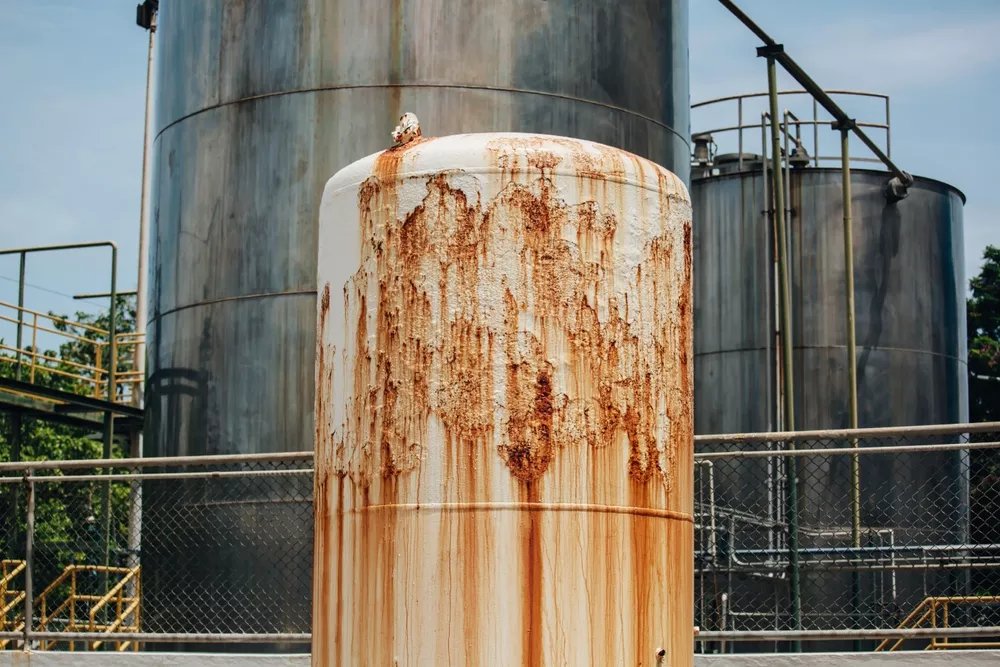

This training course is suitable to a wide range of professionals but those who will greatly benefit include:
The course is taught by Ali Morshed (PhD, MSc, DIC, CEng), who is a corrosion engineer with more than 20 years of international experience across various industries. The main concepts, processes and applications will be introduced using PowerPoint slides containing a combination of text, tables, charts, photos and videos. Numerous international case studies will be shared throughout the course to facilitate the understanding and comprehension of the main concepts and applications.
Day1
Corrosion, Corrosion Engineering and Corrosion Management in the Oil and Gas Industry
Day 2
The Corrosion Management Implementation Process
Day 3
Identification and Maintenance of Management Requirements
Day 4
Corrosion Management Shortcomings and Other CM Requirements
Day 5
Corrosion Management Application Benefits and Implementation Recommendations
CDGA attendance certificate will be issued to all attendees completing minimum of 80% of the total course duration.
| Code | Date | Venue | Fees | Register |
|---|---|---|---|---|
| FAC155-02 | 04-05-2026 | London | USD 6950 | |
| FAC155-03 | 06-09-2026 | Dubai | USD 5450 | |
| FAC155-04 | 16-11-2026 | Istanbul | USD 5950 |
Providing services with a high quality that are satisfying the requirements
Appling the specifications and legalizations to ensure the quality of service.
Best utilization of resources for continually improving the business activities.
CDGA keen to selects highly technical instructors based on professional field experience
Since CDGA was established, it considered a training partner for world class oil & gas institution
3012, Block 3, 30 Euro Business Park, Little Island, Co. Cork, T45 V220, Ireland
Mon to Fri 09:00 AM to 06:00 PM
Contact Us anytime!
Request Info